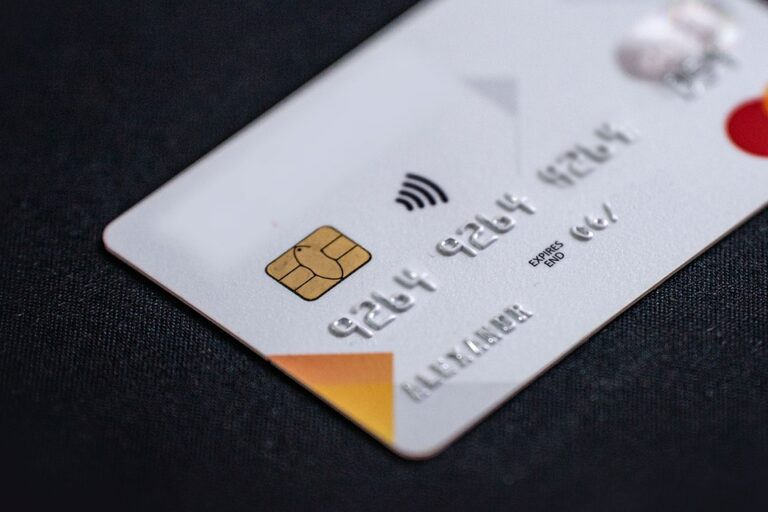Last updated Mar. 27, 2025 by Charles Zemub
Leasing a car offers many benefits, including lower monthly payments and the opportunity to drive the latest models. However, it also comes with responsibilities. Failing to meet these responsibilities can lead to severe consequences, including the repossession of your leased vehicle. Let’s explore some practical strategies to help you avoid this predicament and ensure a smooth leasing experience.
Understanding Lease Agreements
First and foremost, understanding the lease agreement is crucial. It’s a legally binding contract that outlines terms and conditions, including the length of the lease, the money factor, maintenance requirements, and mileage limits. Here are the key components you should focus on:
Key Components
-
Monthly Payment Obligations: Always know your monthly payment amount and the due date. Late or missed payments are the primary reasons for repossession.
-
Mileage Limits: Leases come with a pre-set mileage limit. Exceeding this not only incurs extra costs but can also breach the lease terms.
-
Maintenance Requirements: Regular maintenance is usually mandated by the lease agreement. Overlooking this can result in penalties and potential jeopardy to your car lease.
-
Ending the Lease Early: If you need to terminate the lease, understand what penalties and fees you might face.
- Insurance Requirements: Often, leases require full coverage insurance. Lapses or inadequate coverage can result in a breach of the contract.
Strategies to Prevent Repossession
Budget Management
Maintain diligent control over your finances to ensure you meet your monthly payment obligations. A proactive budget can help anticipate future expenses and avoid financial pitfalls. Here’s how you can achieve that:
- Set Priorities: Ensure that car lease payments are a priority in your budget.
- Track Spending: Use budgeting apps to monitor expenses.
- Emergency Fund: Save three to six months’ worth of expenses to prepare for unexpected emergencies.
Timely Payments
On-time payments are the most direct way to prevent repossession. Consider automating these through your bank to ensure consistency. If your financial situation changes and you can’t afford a payment, contact your leasing company immediately to discuss options. They may be able to offer extensions or alternative arrangements.
Align Insurance Needs
Ensure you have the required level of insurance as outlined in your lease agreement. Work with an insurance agent to compare policies and ensure comprehensive coverage that meets or exceeds the lender’s requirements. Avoid lapses at all costs, as these can quickly lead to trouble.
Maintain the Vehicle
Stay on top of maintenance to avoid issues that could lead to early termination of your lease.
- Regular Checks: Adhere to the maintenance schedule in your lease. This could include oil changes, tire rotations, and other manufacturer-recommended services.
- Document Everything: Keep all service receipts and get work done at authorized service centers.
Understand Mileage Limits
Be mindful of your mileage. If you foresee exceeding the limit, determine the cost per additional mile and budget accordingly. Some leasing companies offer packages to cover excess mileage up front, which can save money in the long run.
Communication Is Key
Open communication with your leasing company can provide support when you are in financial difficulty. Many companies offer deferment programs or assistance plans during temporary hardships.
What To Do if You Face Repossession
Life is unpredictable, and despite all efforts, sometimes repossession becomes a looming threat. Here’s what you can do if you find yourself in this situation:
- Assess Options: Consider lease transfer or extension options, which may offer temporary relief.
- Negotiate: Talk to your leasing company about adjusting the terms.
- Seek Financial Advice: If overwhelmed, consult a financial advisor who can offer personalized strategies.
Conclusion
Preventing car repossession centers around knowledge, communication, and financial responsibility. By understanding your lease agreement and maintaining open channels with your leasing company, you can avoid many pitfalls. Prepare proactively with a robust financial plan and maintain your vehicle as agreed upon. These steps will help you enjoy the benefits of leasing without the stress of repossession.
✓ Short Answer
To avoid car repossession, prioritize timely payments, adhere to your lease agreement’s terms, and communicate effectively with your leasing company if financial difficulties arise. Staying within mileage limits and ensuring adequate insurance coverage are also crucial. Additionally, maintain the vehicle as per the lease requirements, and if facing financial hardship, seek deferment options or financial advice. Proactively managing your finances and being aware of your lease obligations can ensure you remain in good standing throughout the lease term.
FAQs
What happens if I miss a payment on my leased car?
Missing a payment on your leased car can lead to late fees and damage to your credit score. Frequent missed payments may result in a breach of the lease agreement, potentially leading to repossession.
Can I negotiate terms if I’m struggling to make payments?
Yes, it’s often possible to negotiate terms with your leasing company if you’re experiencing temporary financial hardship. They may offer payment deferments or allow you to restructure the payment plan.
Will my car be repossessed immediately after missing a payment?
Leasing companies generally provide a grace period before taking repossession action. Communication is key. Contact them immediately if you anticipate or have missed a payment to discuss your options.
How does car repossession affect my credit score?
Car repossession can severely damage your credit score, making it difficult to obtain future loans or leases. The record can stay on your credit report for up to seven years.
Can I return my leased car early to avoid repossession?
Returning your leased car early is possible, but it often involves early termination fees. It’s crucial to discuss with your leasing company to understand the possible financial implications.
By following these guidelines and staying informed, you can enjoy the benefits of leasing a car without worrying about the stress of repossession.




